
10 Signs of Kidney Disease That Warn You Are in Danger
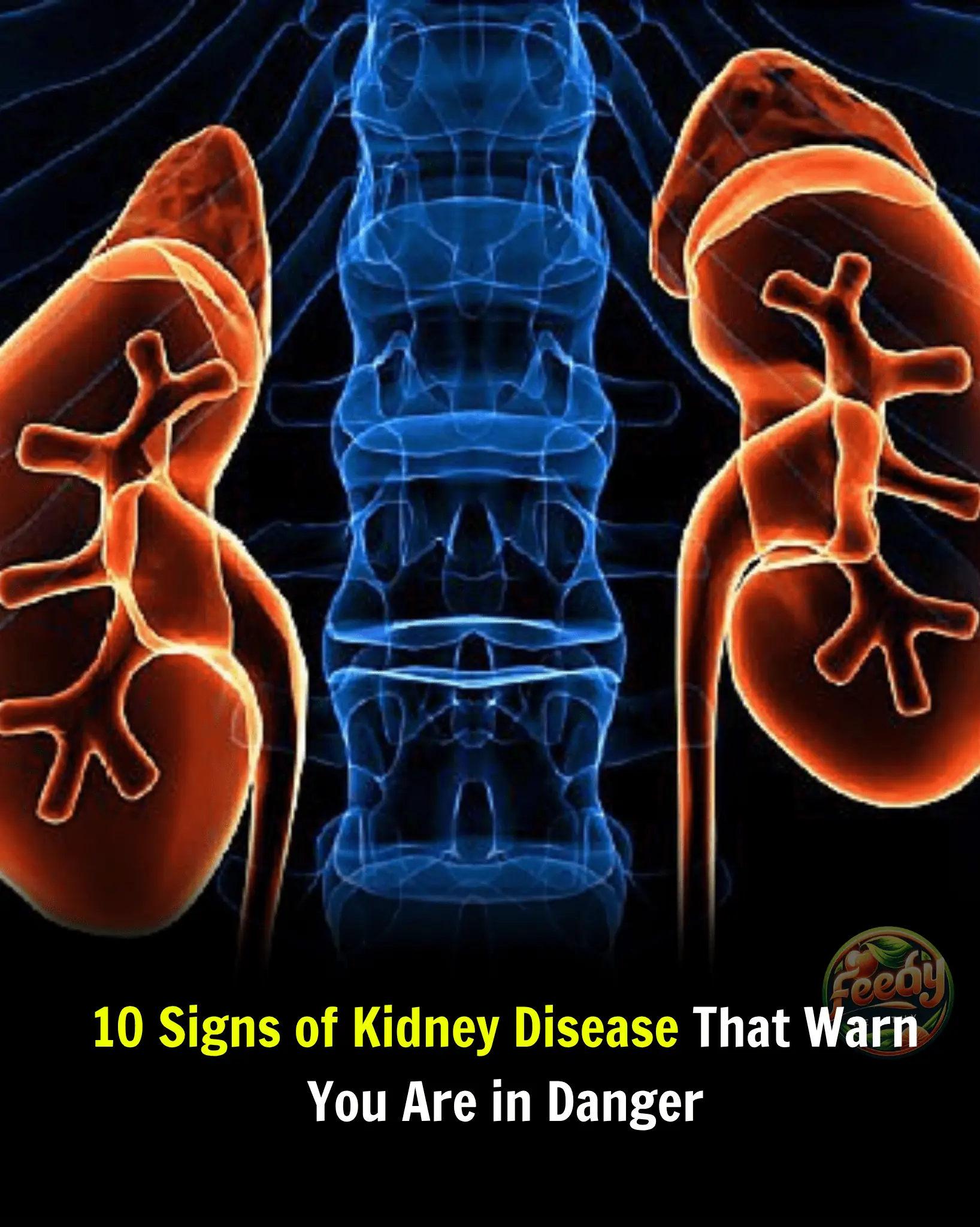
Recognizing the signs of kidney disease can help you take control of your health early, preventing complications and reducing the risk of death. Although kidney disease often shows no clear symptoms in its early stages, paying attention to the following signs can help you detect problems with your kidneys early.
10 Signs of Kidney Disease You Can Easily Recognize
Kidney problems usually occur when the kidney’s ability to filter waste and toxins decreases, causing waste to accumulate in the body. This leads to various symptoms. To detect kidney disease early, experts recommend people at high risk get regular checkups. These high-risk groups include:
-
People over 60 years old
-
People with high blood pressure or diabetes
-
People with a family history of kidney disease
Let’s take a closer look at the symptoms of kidney disease below.
1. Fatigue, Weakness, or Difficulty Concentrating
One of the first signs when the kidneys are in trouble is fatigue, weakness, and difficulty concentrating. This happens when the kidneys cannot filter toxins and waste from the blood, leading to their accumulation in the body. This buildup reduces the oxygen and nutrients provided to the cells, making you feel tired and lacking energy. You may feel exhausted even when you haven’t done any heavy physical activity.
2. Difficulty Sleeping
When the kidneys are not able to properly filter and excrete toxins, they accumulate in the blood, causing sleep disturbances. This can affect the quality of your sleep, making it uncomfortable and difficult to rest throughout the night. Additionally, obesity and sleep apnea can be linked to chronic kidney disease as they increase pressure on the kidneys.
3. Dry and Itchy Skin
The kidneys play an important role in maintaining the balance of minerals in the body, including calcium and phosphate. When kidney function declines, the body cannot maintain this balance, leading to the accumulation of waste products, which can cause dry and itchy skin. The skin may become rough, flaky, and irritated.
4. Frequent Urge to Urinate
An increased urge to urinate, especially at night, can be a sign of kidney problems. This happens because the kidneys, as the body's “filter,” are damaged, prompting more frequent urination. This can also be a symptom of a urinary tract infection or prostate enlargement in men, but if this issue persists, you should check your kidney function.
5. Blood in Urine
One of the most noticeable signs of kidney disease is blood in the urine. Normally, the kidneys retain red blood cells when filtering toxins and waste from the blood. However, when kidney problems arise, these red blood cells may leak into the urine. Blood in the urine can also be a sign of other conditions such as kidney cancer, kidney stones, or kidney infections.
6. Foamy Urine
Foamy urine can be a sign of protein in the urine, which is another indicator of kidney disease. This is similar to when you see foam forming when you whisk eggs. Normally, urine does not contain protein, but when the kidneys are not filtering properly, protein can leak into the urine, indicating a potential kidney problem.
7. Puffy Eyes That Last for Several Days
Protein in the urine can cause the body to lose enough protein in the blood, leading to puffiness around the eyes. These puffy eyes may last for several days, indicating that your kidneys are experiencing significant problems.
8. Swollen Ankles or Feet
Declining kidney function can cause sodium to build up in the body, which leads to fluid retention in the ankles or feet, causing swelling. In addition to being a sign of kidney disease, swollen lower limbs can also indicate heart or liver disease, so it’s important to check your kidney function if you experience this symptom.
9. Loss of Appetite or Feeling Nauseous
When the kidneys aren’t functioning properly, waste buildup in the body can lead to a loss of appetite and nausea. This loss of appetite can affect your diet and cause weakness due to inadequate nutrition.
10. Muscle Cramps
Electrolyte imbalance can occur when kidney function is compromised. Low calcium levels or uncontrolled phosphorus levels in the blood can contribute to muscle cramps, especially at night. If you frequently experience muscle cramps without any obvious cause, this may be a warning sign of kidney disease.
Prognosis for People with Kidney Disease
Typically, kidney disease symptoms are not noticeable until the condition reaches a more severe stage, such as kidney failure. Therefore, doctors recommend annual kidney health checkups to detect signs of kidney disease early and take appropriate action.
Most people with kidney disease can manage their condition well with medication and lifestyle changes. Only a small percentage of patients progress to kidney failure, so early detection can significantly improve control and reduce the risk of death.
News in the same category

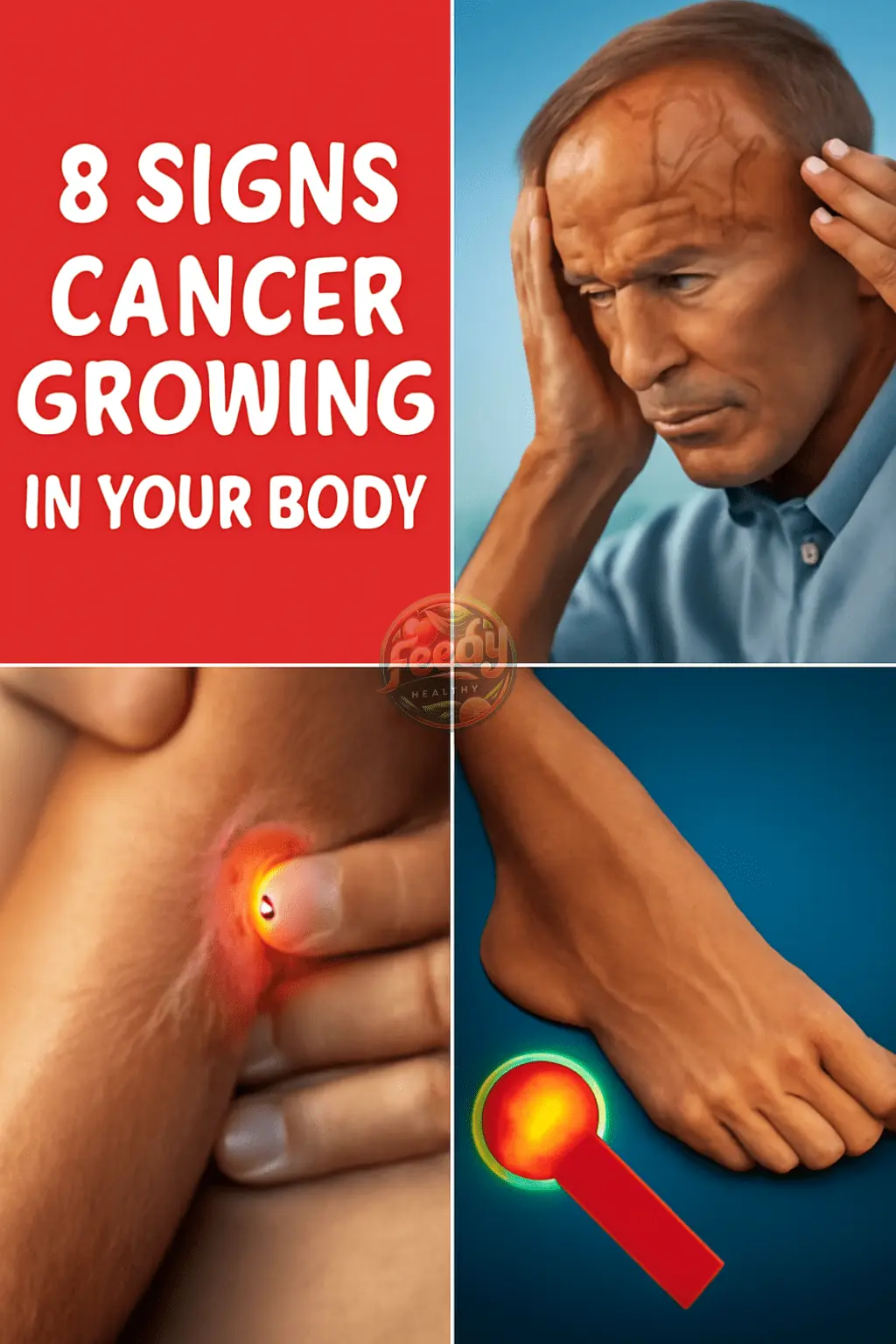
8 Warning Signs of Growing Cancer
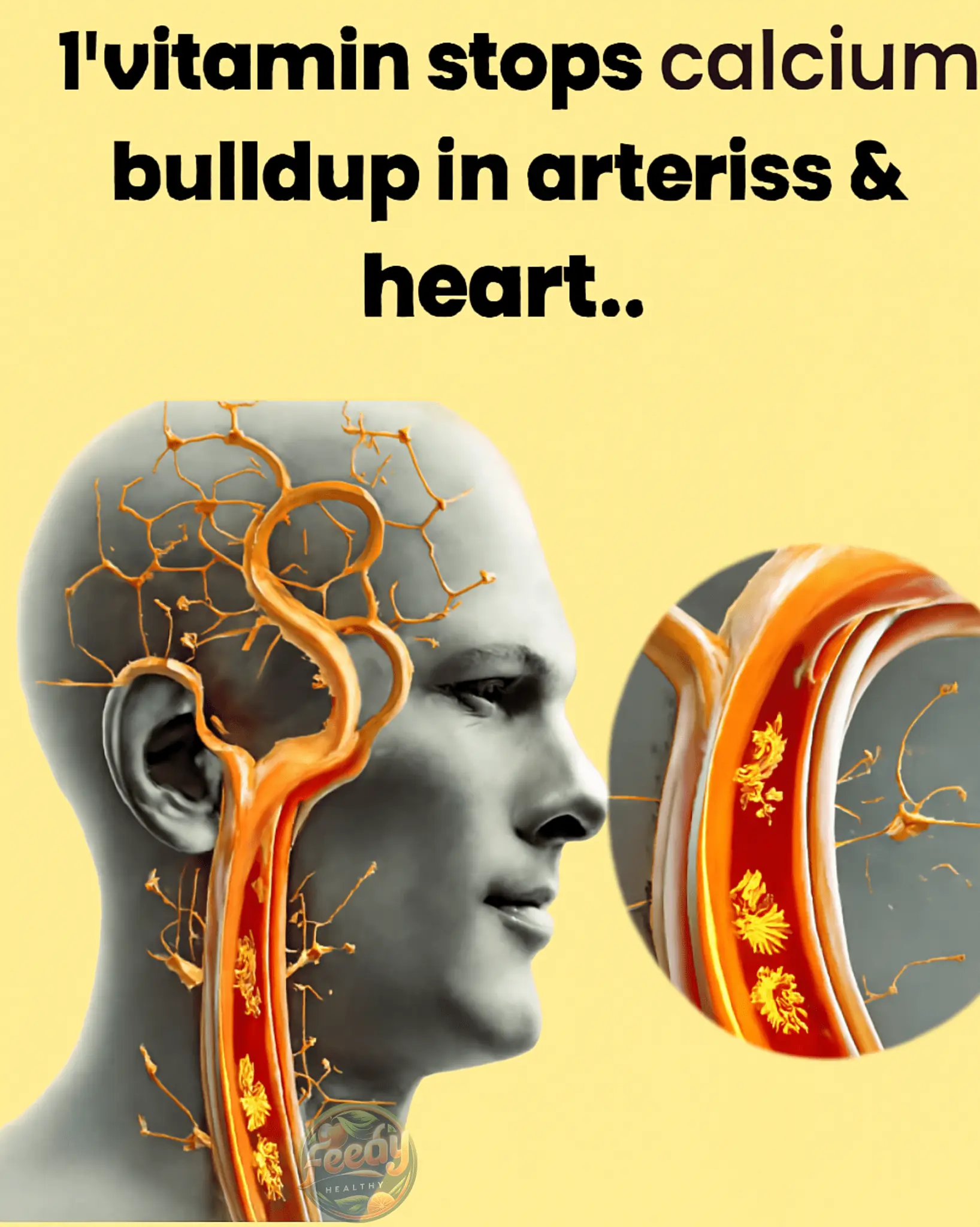
1 Vitamin Stops Calcium Buildup in Arteries and Heart

Warning from K Hospital: Daily Consumption of Certain Meats May Increase Cancer Risk – Don’t Take It Lightly!
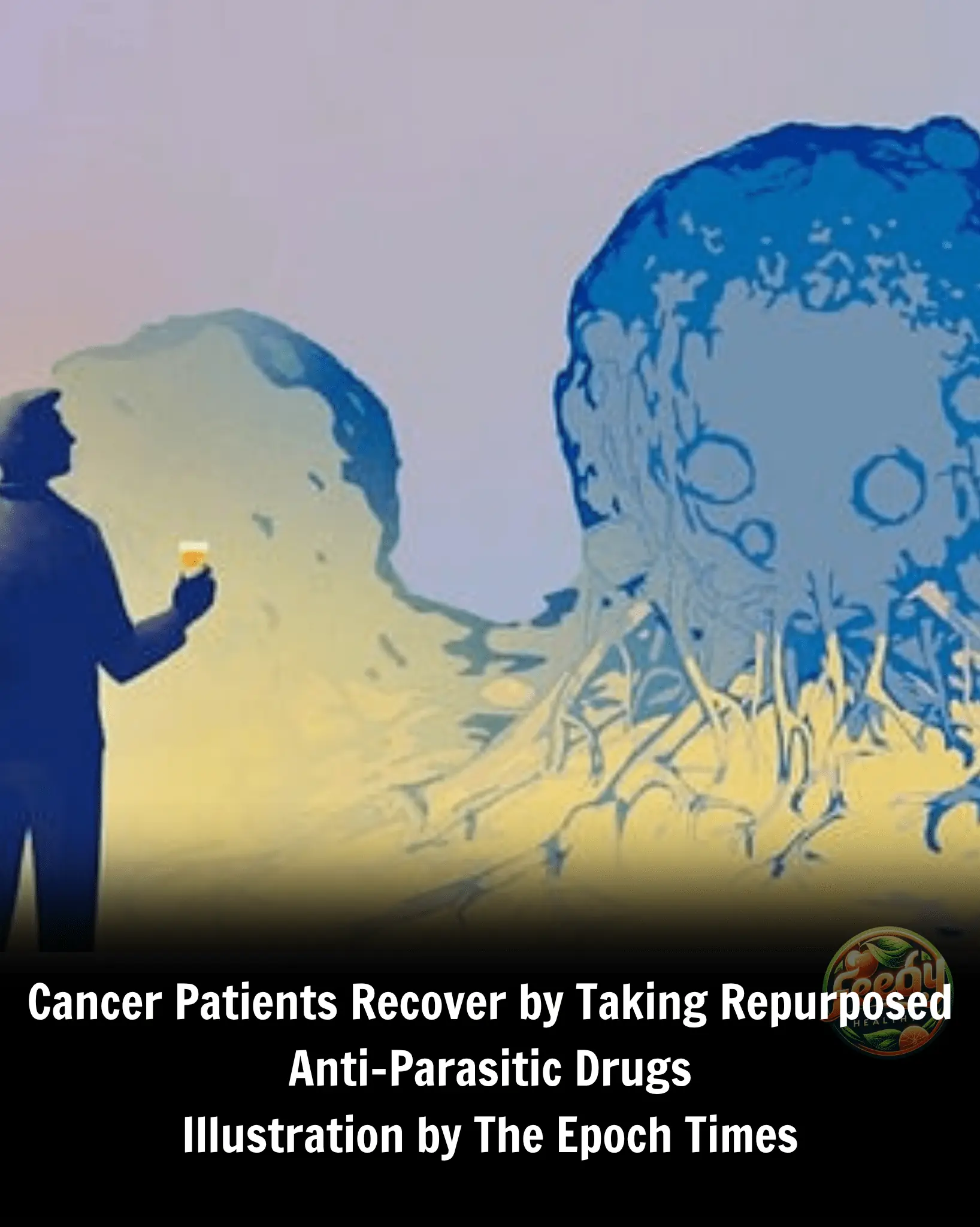
How One Cancer Survivor Triggered Interest in Repurposed Anti-Parasitic Drugs
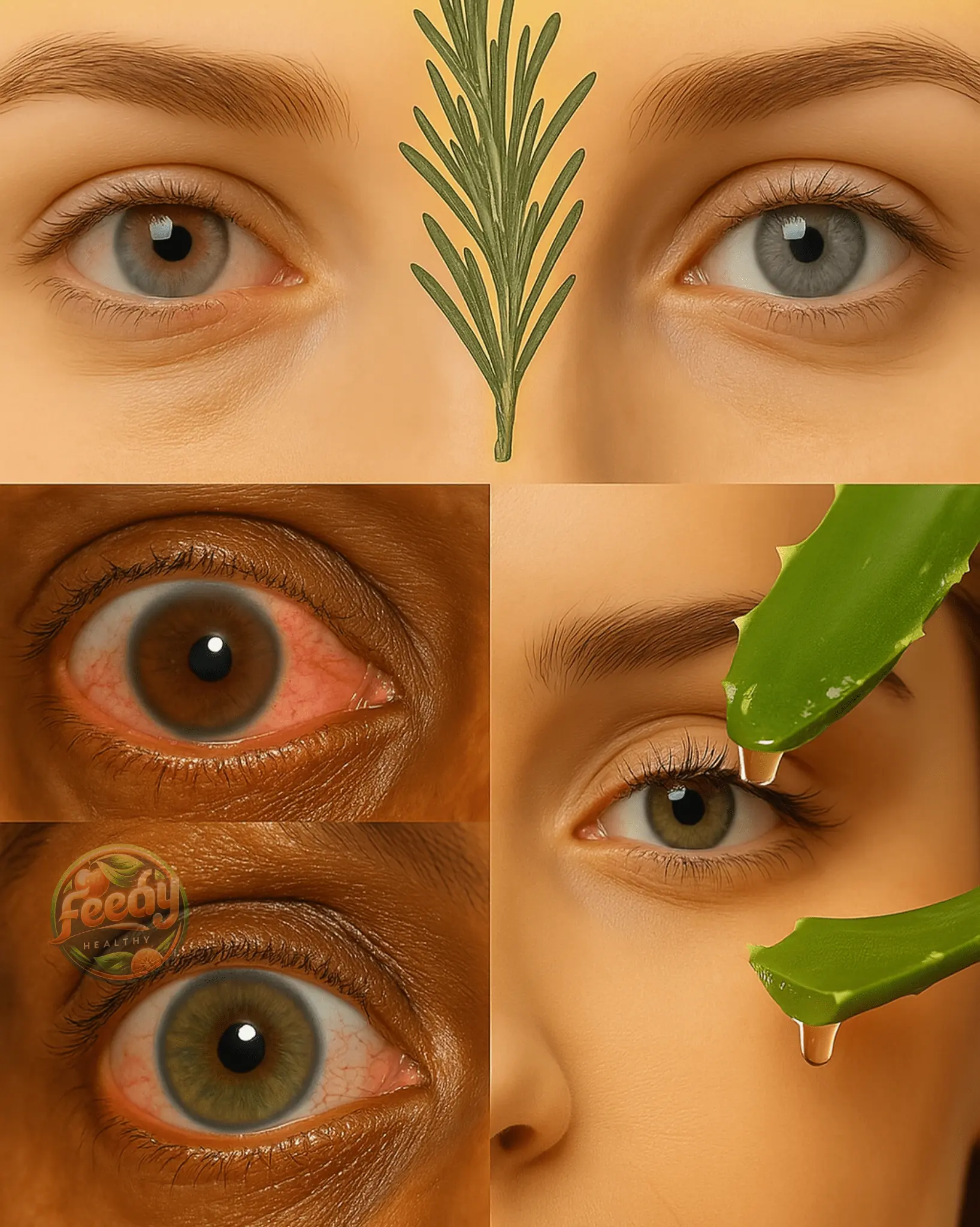
5 Essential Leaves to Naturally Improve Your Eye Health

16 Benefits of Chayote Juice: Say Goodbye to Pills and Hello to Natural Healing
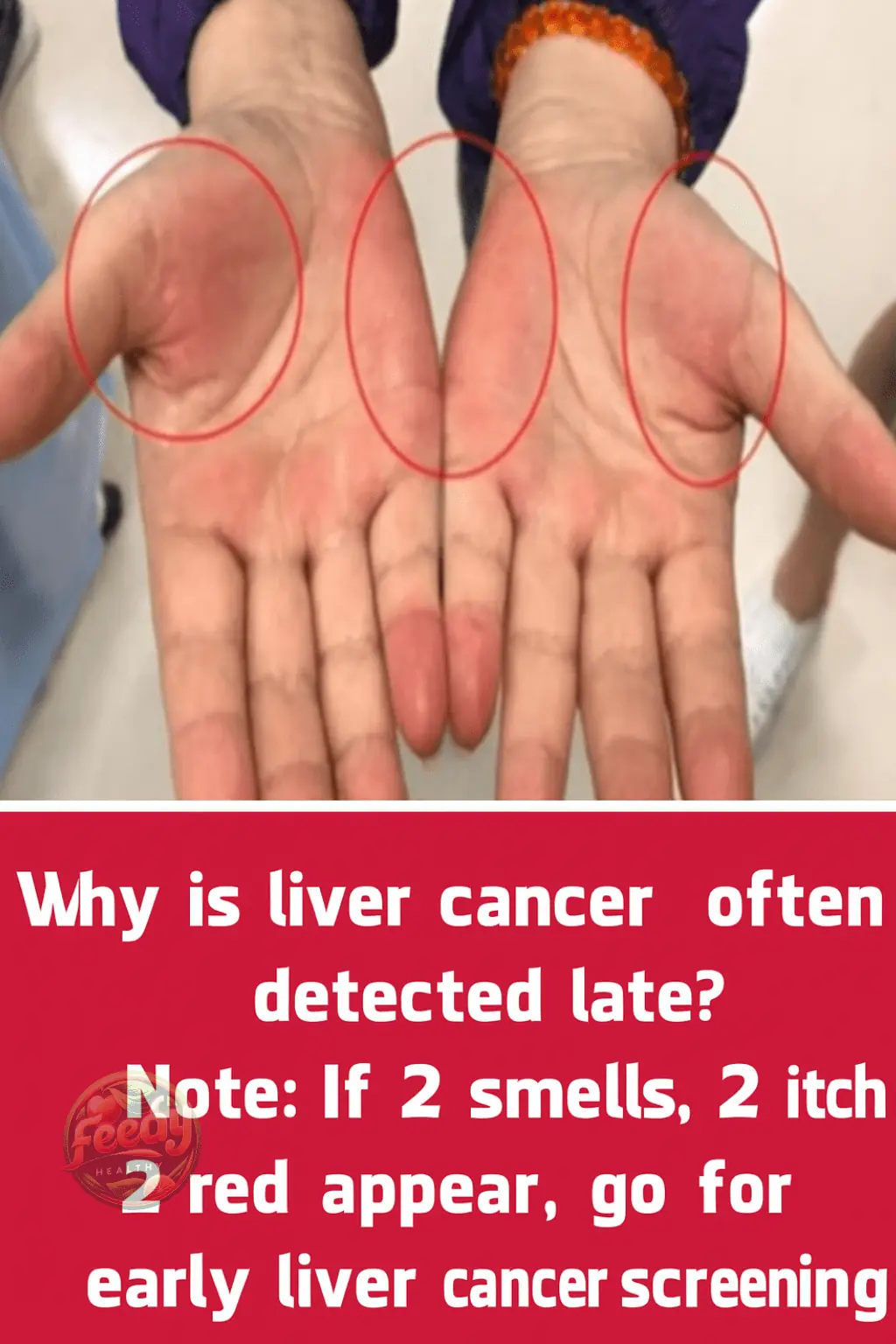
Why Is Liver Cancer Often Detected Late? Note: If You Notice 2 Odors, 2 Itches, and 2 Red Areas, Get Screened Early
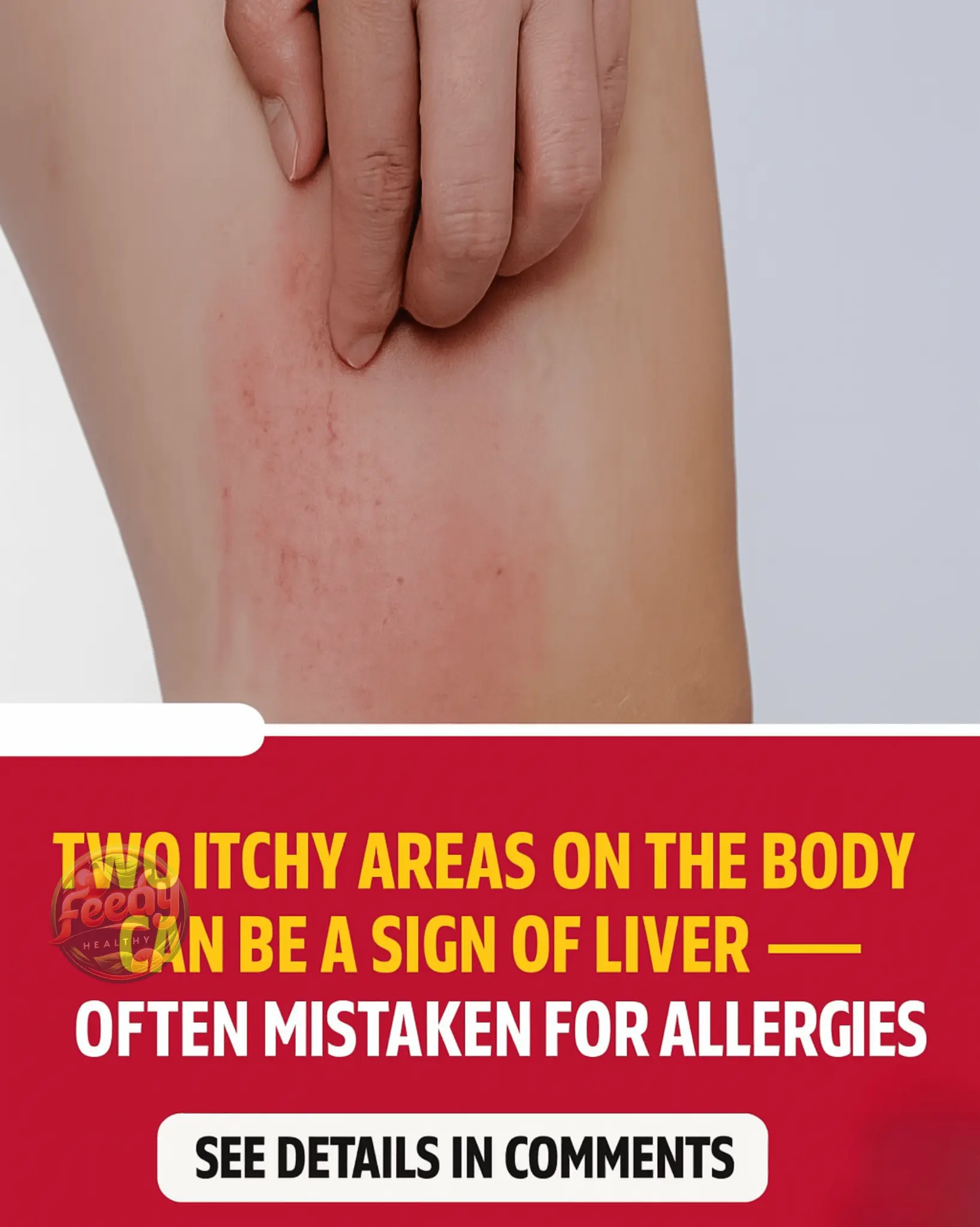
Two Itchy Areas on the Body Could Be a Sign of Liver Cancer—Often Mistaken for Allergies

Say Goodbye to Anemia, Blurry Vision, and Fatty Liver with This Natural Drink

The 4 Golden Hours to Drink Coffee for Maximum Health Benefits: Detox Your Liver and Boost Digestion

8 Foods That Are Natural Enemies of Tumors – Make Them Part of Your Regular Diet
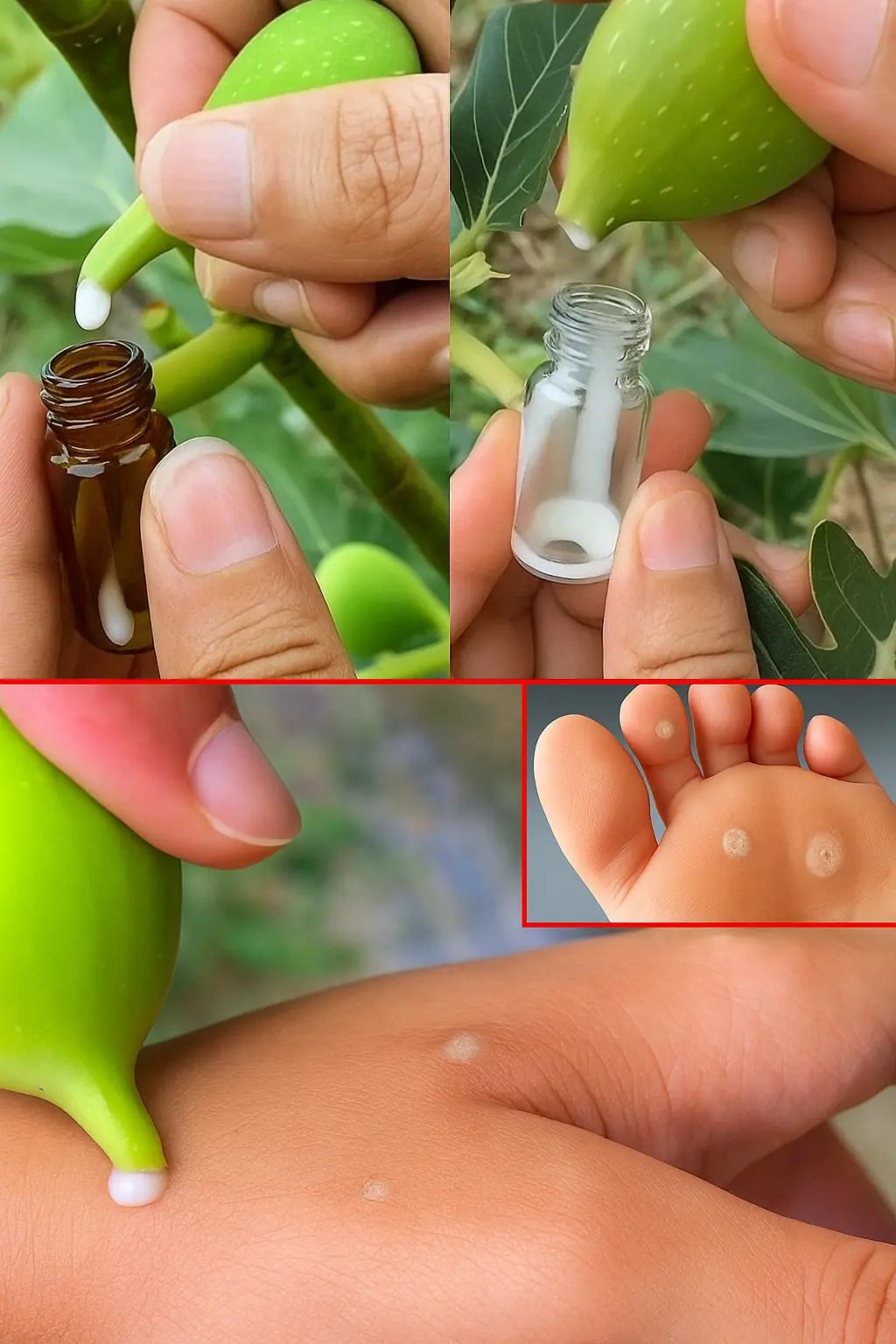
Fig Sap: Nature’s Quiet Remedy for Skin, Digestion & Everyday Wellness
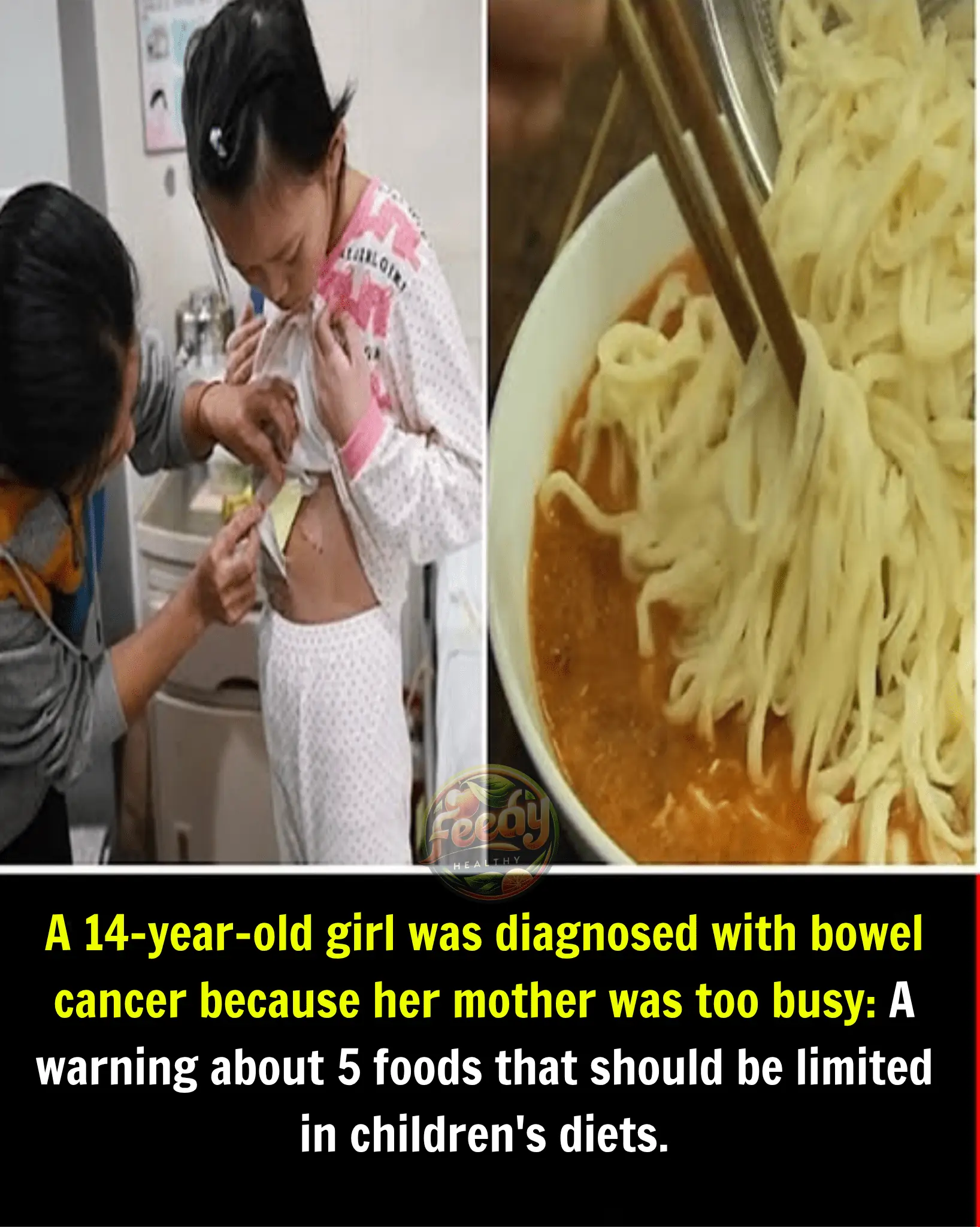
A 14-Year-Old Girl Diagnosed with Bowel Cancer Due to Her Mother's Busy Schedule: A Wake-Up Call About 5 Foods Children Should Never Eat for Breakfast
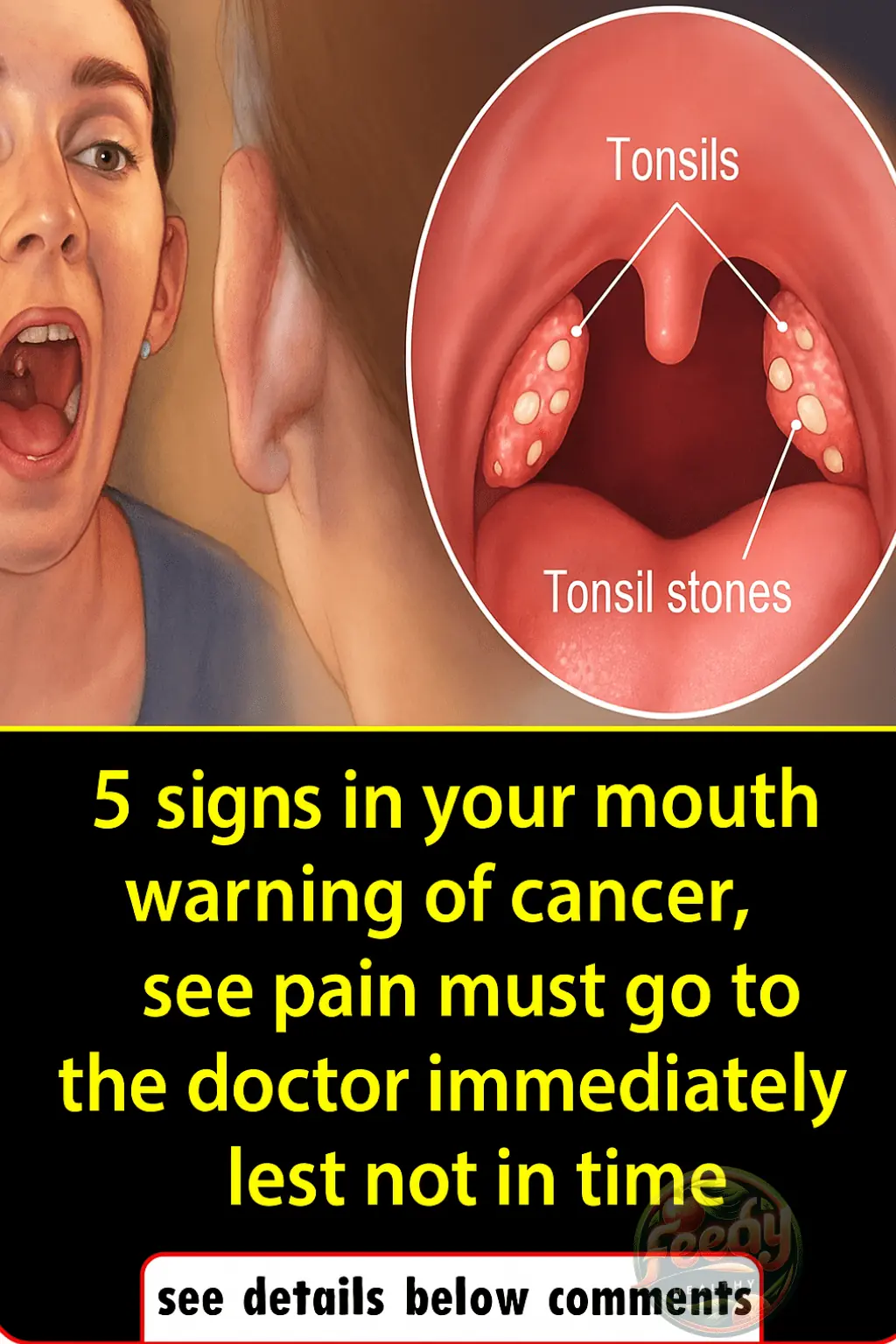
5 Mouth Symptoms That Could Signal Cancer – Don’t Ignore the Pain

Stage 4 cancer patient warns overlooked minor signs can mask a fatal disease
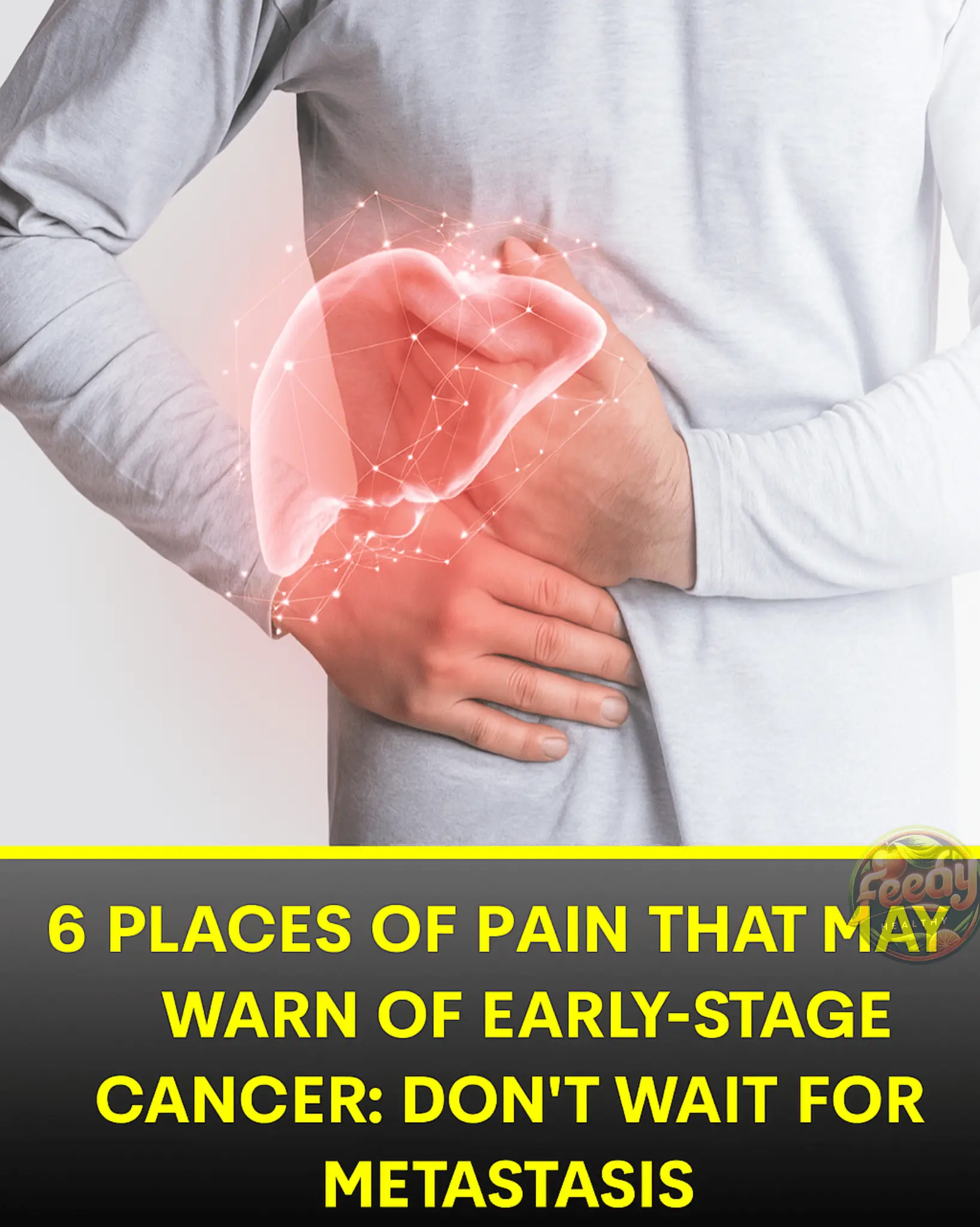
6 Types of Pain That May Signal Early-Stage Cancer: Don’t Ignore These Symptoms Before It Spreads

Fatty Liver Reversed Completely by Doing This Simple Daily Habit, Says Doctor: “It’s Free and Easy”
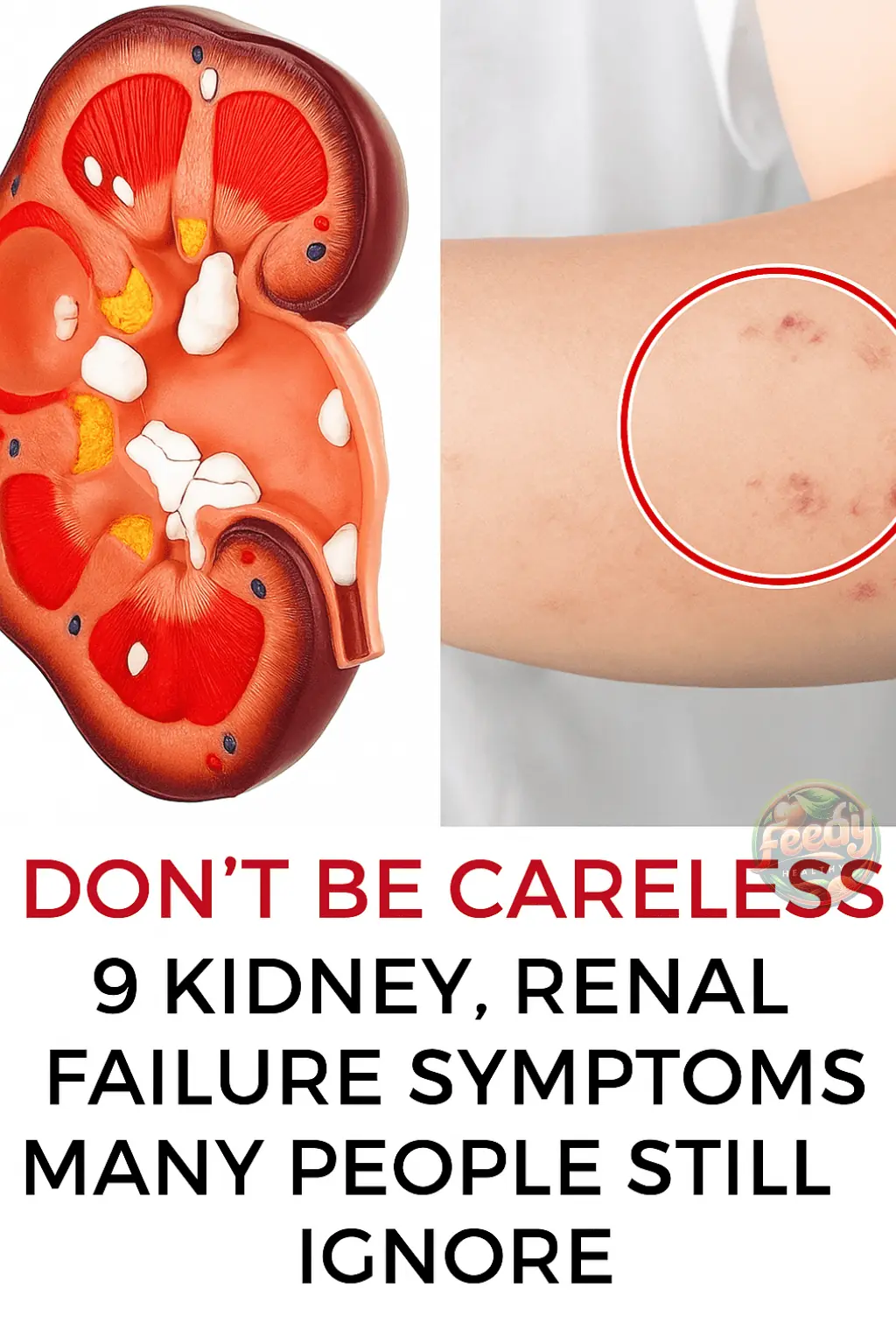
9 Symptoms of Kidney Disease and Kidney Failure Everyone Should Know
News Post

Clear Your Lungs and Feel Great with Lemon and Ginger

8 Warning Signs of Growing Cancer

Can You Spot the 6 Hidden Words in This Living Room Image?
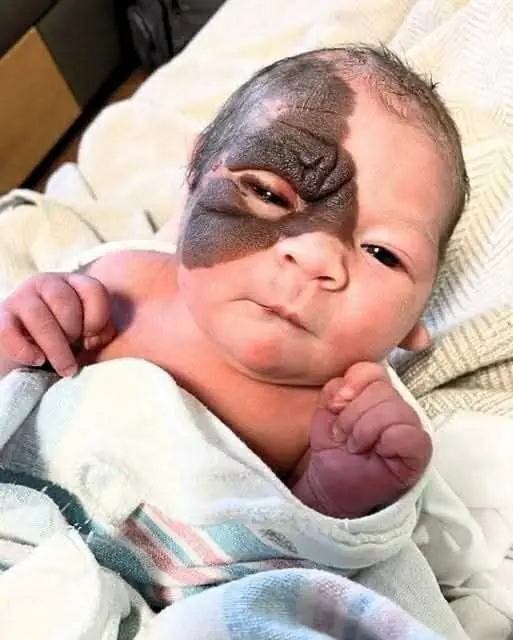
Mom on a mission to show daughter with extremely rare birthmark that she is beautiful

1 Vitamin Stops Calcium Buildup in Arteries and Heart
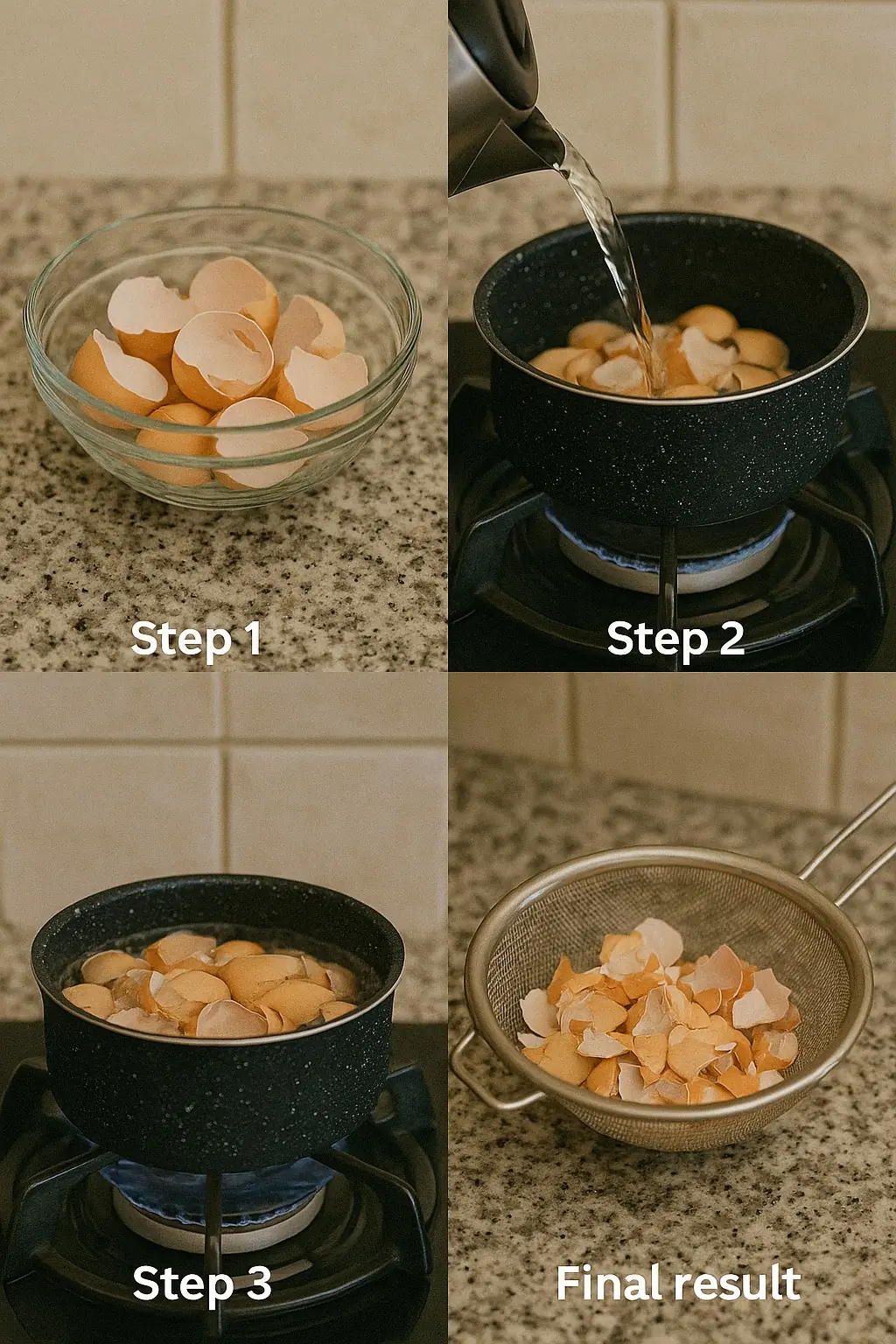
Strengthen Your Bones and Joints Naturally with Eggshells 🥚💪🌿

Refreshing Carrot and Banana Juice Recipe: A Healthy and Delicious Drink for You
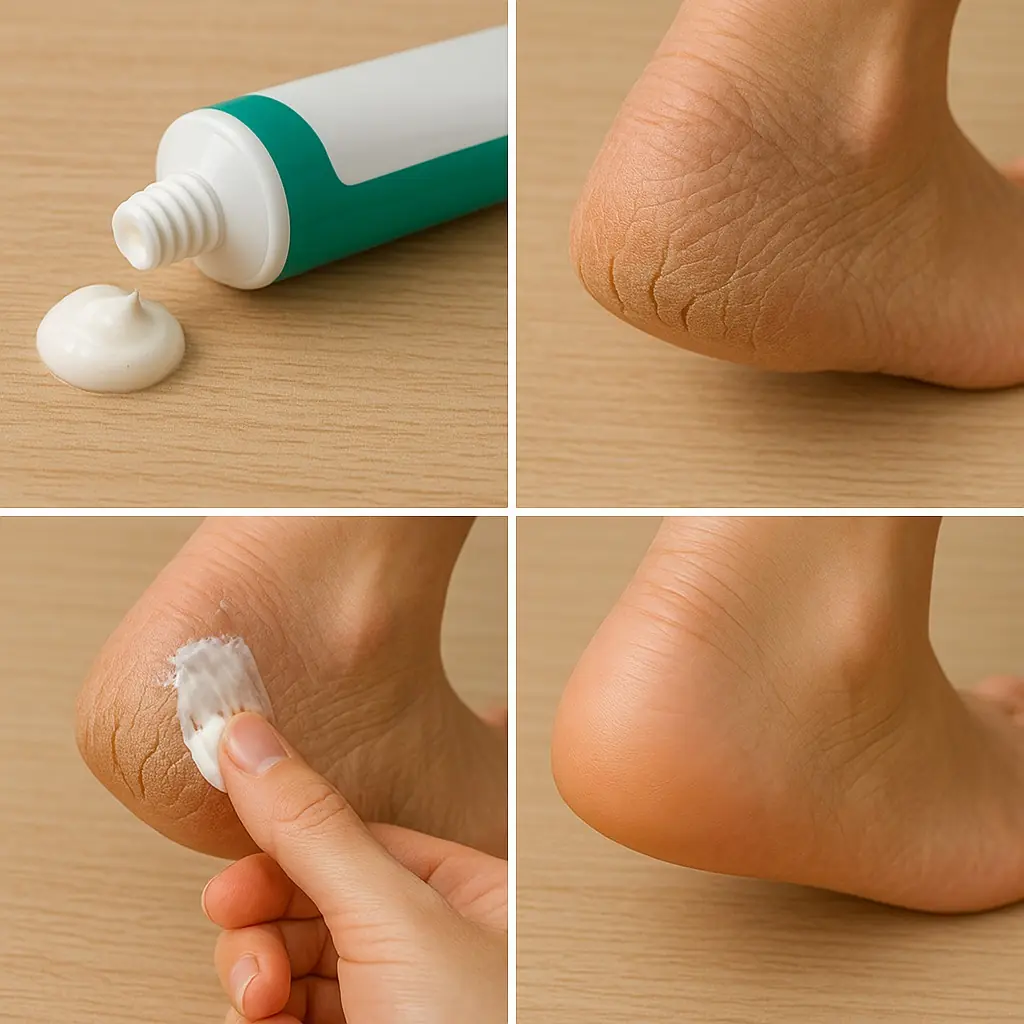
Eliminate Cracked Heels with Toothpaste: A Surprising Home Remedy for Beautiful Feet in Just 3 Days

Unlock the Power of Garlic: Chew Two Cloves Daily for Better Health
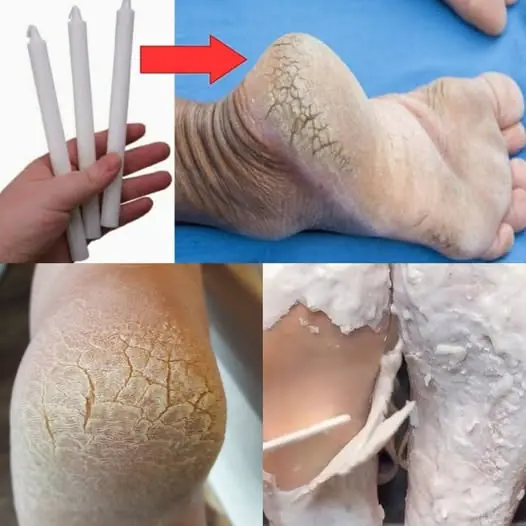
Say Goodbye to Dry, Cracked Heels with This Candle Wax Remedy!
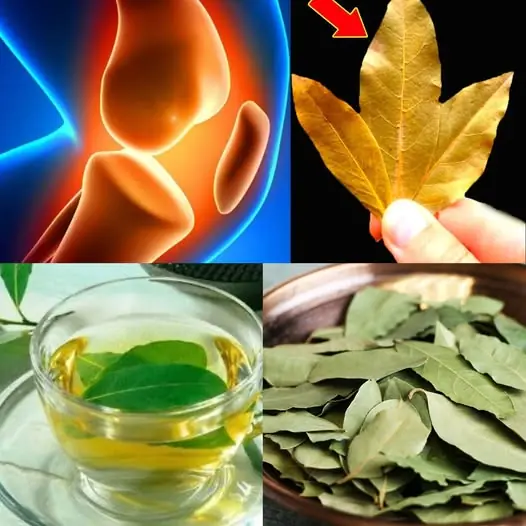
Bay Leaves: A Natural Remedy for Joint Pain

20 Amazing Benefits of Guava Leaves You Wish You Knew Sooner

Enjoy a Guilt-Free Treat With Oats, Coffee, and Cinnamon! ☕🥣✨

Discover the Power of Ginger for Shedding Belly Fat
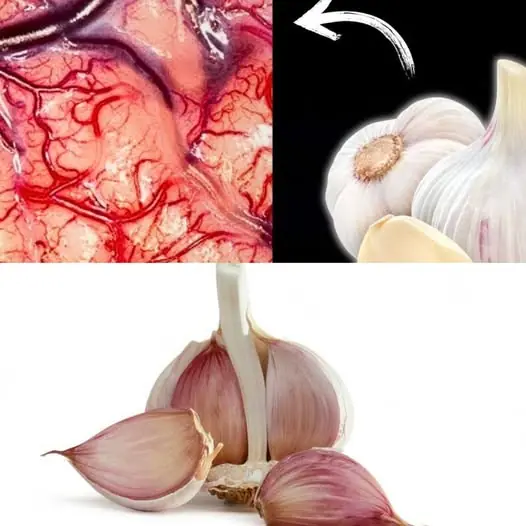
Take Garlic, But Don’t Make the Same Mistake Many People Do

The Oil That May Help Remove Uric Acid, Ease Anxiety, Support Joints, and Reduce Cravings

What’s the purpose of the fabric strip across hotel beds?
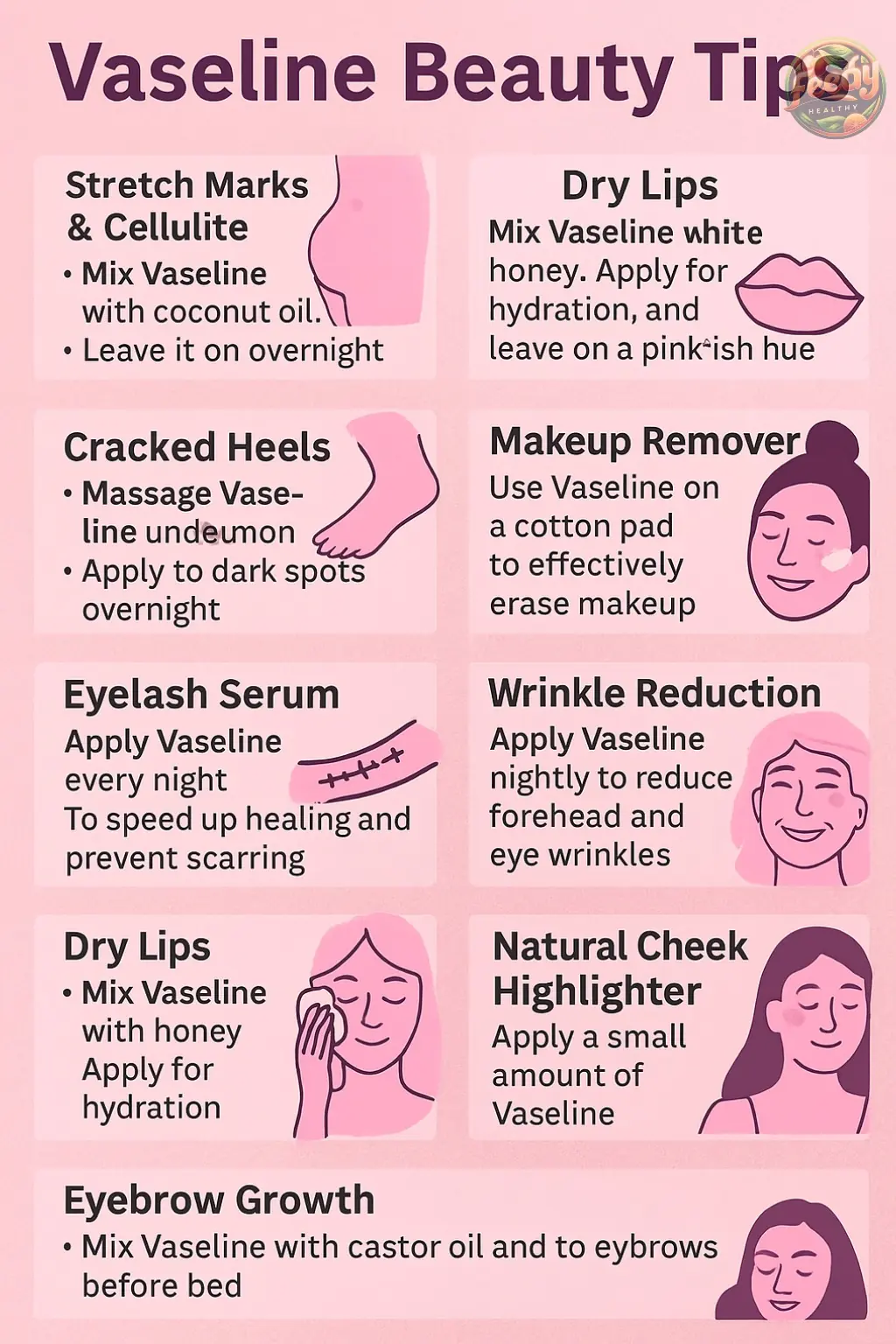
Practical Guide: Vaseline Uses for Skin, Lips, and Hair Care
